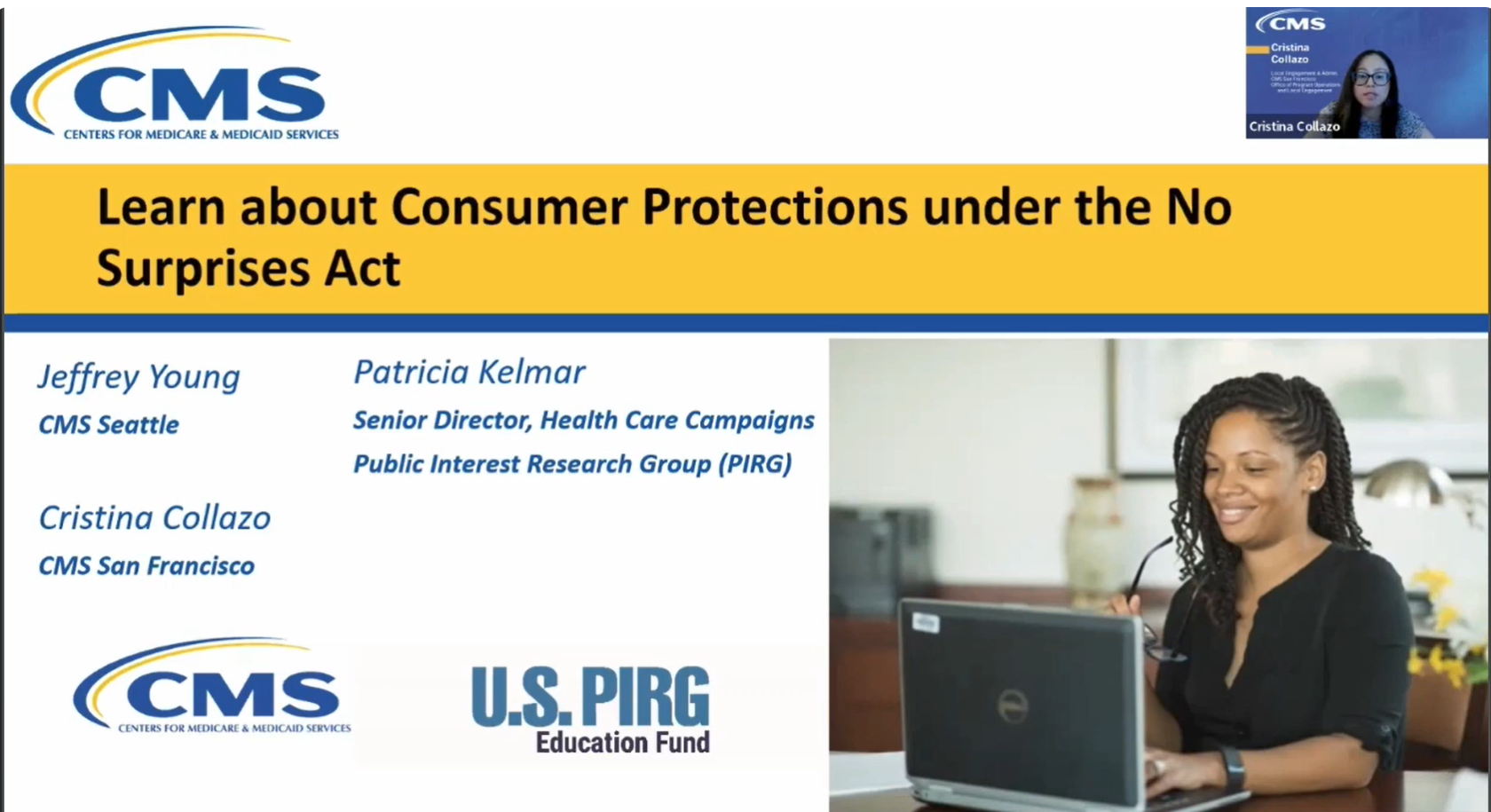
On the verge of winning $280 billion in prescription drug price savings
Our government needs the ability to negotiate for lower drug prices, just like any insurance company does. Join us in asking Congress to bring about this commonsense solution.

Congress is on the cusp of passing a groundbreaking change in how the government pays for prescription drugs. Unlike private insurance, Medicare is not allowed to negotiate for a better price on the drugs they purchase from the manufacturers. After months of debate and revisions, a final proposal has been drafted which would eliminate this prohibition on drug price negotiation. And it limits the ability of drug companies to raise their prices more than the rate of inflation each year. If passed, the legislation would result in dramatic savings. Congress has been promising for years to address high drug prices but the drug industry has, until now, been winning.
It’s time that Congress listens to the pleas for relief from the strain of high drug costs on family budgets. Allowing Medicare to negotiate for better prices is a cause supported by over 83% of Americans across party lines. The new proposal will result in significant savings to the Medicare program itself and for the 62 million older Americans who rely on that program for their health insurance. Medicare Part D covers most drugs that people get in their local pharmacy, and Medicare Part B offers coverage for other drugs that, for the most part, need to be administered in a hospital. These are life-saving but expensive programs. With the prices of drugs increasing every year and often at a higher rate than the rate of inflation, a solution is desperately needed.
A recent study shows how most of Medicare’s drug costs come from just a small number of high-priced prescription drugs.
-
Just 7% of all the Medicare Part D covered accounted for 60% of the $87 billion of Part D spending.
-
Just 8.5% of all Part B covered drugs accounted for 80% of the $30 billion Part B drug spending.
The compromise on the table will limit the number of drugs that Medicare can negotiate but it’s a start. And it will make a difference. An analysis of the most recent proposal shows that this solution is projected to yield savings from lower drug prices of more than $280 billion over 10 years.
On average, Americans pay two to three times as much as people in other countries for the same medicines. And the drug industry is fighting to keep it that way. Our government needs the ability to negotiate for lower drug prices, just like any insurance company could. It is an important step to helping the millions of Americans who struggle to pay for their prescriptions.
Tell your Senators to vote for prescription drugs reform before they leave for August recess.
Topics
Authors
Patricia Kelmar
Senior Director, Health Care Campaigns, PIRG
Patricia directs the health care campaign work for U.S. PIRG and provides support to our state offices for state-based health initiatives. Her prior roles include senior policy advisor at NJ Health Care Quality Institute, associate state director at AARP New Jersey and consumer advocate at NJPIRG. She was appointed to the Ground Ambulance and Patient Billing Advisory Committee in 2022 and works with patient advocates across the U.S. Patricia enjoys walking along the Potomac River and sharing her love of books with friends and family around the world.
Find Out More

The FTC is cracking down on big healthcare companies

Learn about medical bill protections under the No Surprises Act

Have you had trouble getting a timely doctor appointment?


